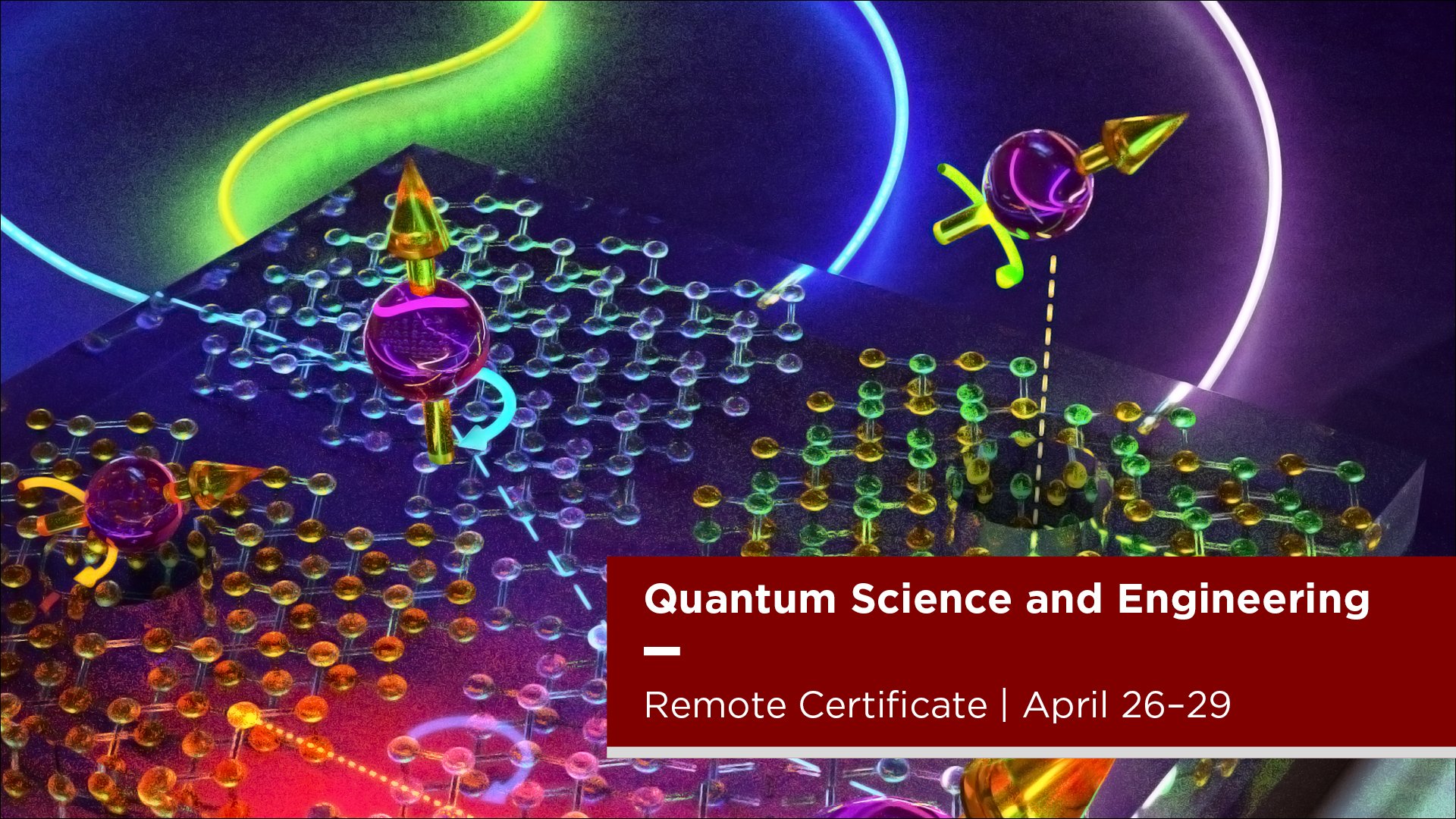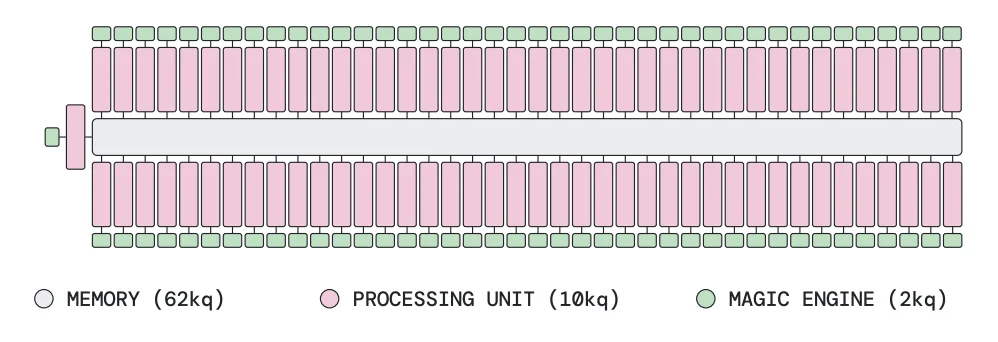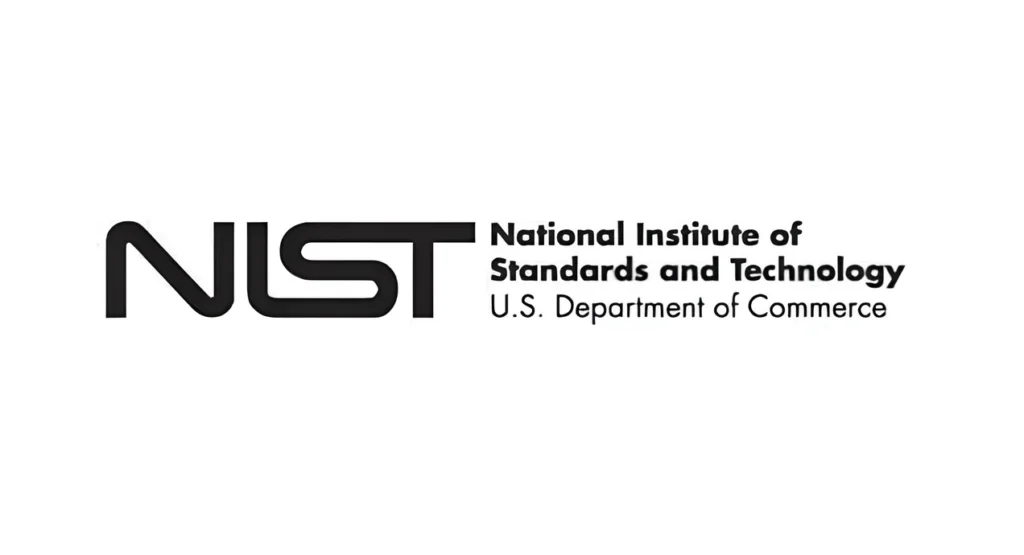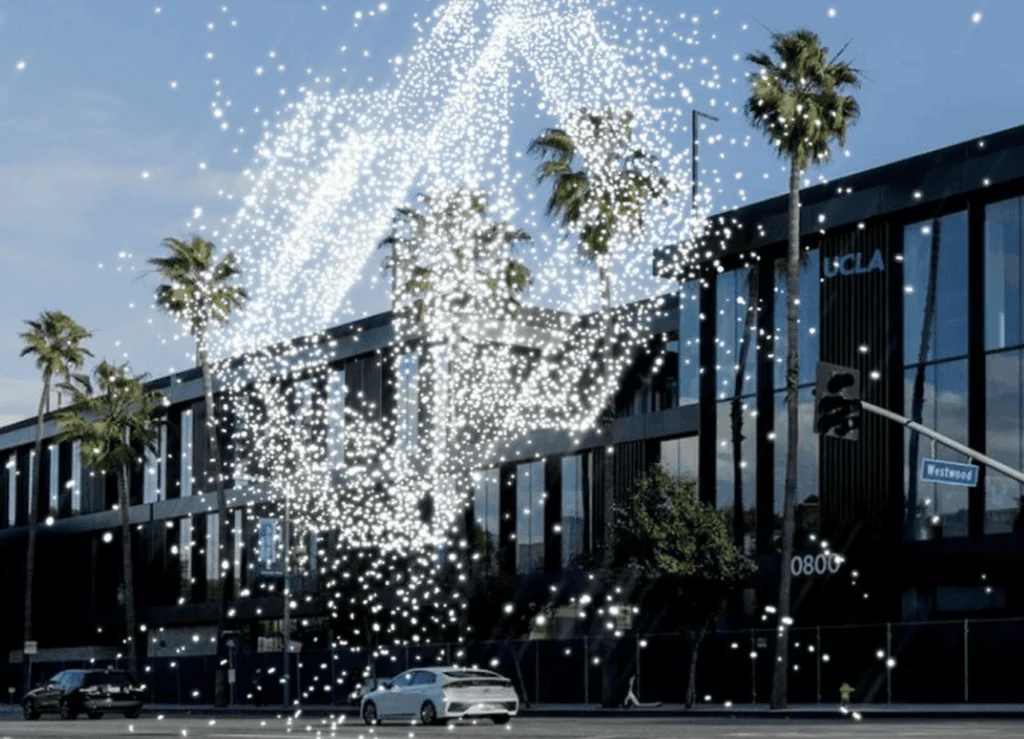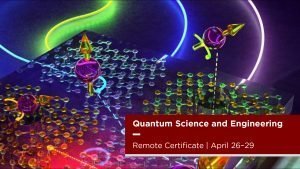
Chicago Quantum Exchange and University of Chicago Certificate Supports Transitions to Quantum Careers
With billions of dollars pouring into quantum technologies and research facilities producing a stream of quantum advances seemingly each day, the question is no longer if quantum technologies will impact the world, but when. Even more pressing is the question of whether or not we will have enough trained professionals to capitalize on the massive power of quantum technologies to transform fields and industries.
Last fall, the Chicago Quantum Exchange launched a Certificate Program in Quantum Science and Engineering to meet this challenge. This four-day intensive program is taught by leading faculty and researchers from the University of Chicago Pritzker School of Molecular Engineering and Chicago Quantum Exchange.
Geared towards scientists and engineers with around ten or more years of experience and advanced degrees in classical physics, engineering, and similar disciplines, the first session brought together thirty-four career scientists and engineers seeking a deeper understanding of the basics of quantum information science and its applications.
An upcoming session is planned for April.

“Transitioning Quantum Science into the Hands of Engineers and Other Professionals”
The University of Chicago’s first session of the Certificate Program in Quantum Science and Engineering received positive feedback from participants.
Jonathan Trousdale, chief technology officer at medical device company OrthoSensor, said the experience is helping him prepare for the fast-approaching quantum era.
“The program delivered above and beyond my expectations,” he said. “It’s great to see Chicago leading the field in this type of education.”
“The program delivered above and beyond my expectations. It’s great to see Chicago leading the field in this type of education.”
From the Basics to a Detailed Understanding
The Certificate Program in Quantum Science and Engineering offers students a deep dive into the fundamentals of quantum engineering and associated quantum technologies.
Students have the opportunity to:
- Gain a working understanding of the basic principles of quantum mechanics that are relevant to quantum technologies
- Develop an understanding of a range of quantum technologies, including quantum computing, communication, and sensing; explore how these ideas and modalities will impact a broad set of industries both in the near and long term
- Learn how quantum computing can be leveraged to address a range of practical computational problems; develop an appreciation for the prospects and challenges of devising new applications
- Develop a detailed understanding of state-of-the-art quantum sensing techniques, their potential for future development, and their application to wide range of fields including materials and device characterization
- Explore quantum technology’s impacts on secure communication and cryptography
Experts project that quantum technologies will impact, in particular, professionals in the communications, electronics, optics and materials industries, among others. These individuals in particular could benefit from training to prepare for the developing field of quantum science.
In addition to the live course content, participants receive access to a library of quantum-specific materials hand selected by the leading researchers at the Chicago Quantum Exchange. Participants will have access to these materials for six months after the course finishes.
Using Interaction to Drive Learning
The program is designed to enhance long-term learning through interactions with faculty and fellow students, as well as fostering relationships through networking opportunities.
The course kicks off on the first night with a virtual happy hour, and the subsequent evenings give participants a dive deeper into conversation through attending virtual office hours with the faculty. There will also be an opportunity to network in and out of the classroom via a class Slack channel and through an online resource portal.
The classes are designed to be similarly collaborative. Individuals are encouraged to ask questions during lectures and engage in dialogue to gain further clarity. Daily assessments help participants gauge their understanding of the material covered during each of the online sessions.
Interdisciplinary Understanding
Former participants agree that this program gave them an interdisciplinary understanding of applied quantum technologies across almost all sectors. Dr. Ramin Sabry, a senior scientist in space radar science and technology at Defence Research and Development Canada, attended last fall’s session to better understand the applications of quantum technologies.
“I was eager to see the practical applications of quantum science,” Sabry said. “While I was familiar with quantum theory, applying it was an eye-opener. Understanding quantum theory involves extensive pure physics and math—it’s hands-off, most of the time. Getting hands-on experience with quantum applications was exciting: observing the achievable measurement precisions offered by this technology and systems, variety of applications, and their limitations.”
Students also report they gained a much broader—and deeper—understanding of quantum technologies and their future.
“Overall, the program was successful in delivering the gist and core. Experiments/simulations were fantastic. The faculty and supporting staff were very helpful and responsive.”
“I gained a comprehensive outlook on various aspects and challenges of quantum technology and practice,” Sabry said. “Overall, the program was successful in delivering the gist and core. Experiments/simulations were fantastic. The faculty and supporting staff were very helpful and responsive.”
Students—among them Sabry’s colleagues from across Canada—report that they have already used information from the program for current tasks and feel better-prepared for the challenges and opportunities of the quantum era. Sabry, for instance, may use course information in his current work with sensing technology.
“My agency is very interested in and has serious intention to move toward quantum science, and one of our strategic goals is to incorporate quantum devices into sensing and computing,” he said. “It gave me an idea of how to accomplish some of my goals.”
World-Renowned Faculty
A major benefit of this quantum engineering and technology certificate program is its connection with the University of Chicago scientists who serve as program faculty. Students have a unique opportunity to learn from and interact with leaders in the emerging field of quantum engineering and technology.
The faculty members for the certificate program include:
David Awschalom
Liew Family Professor of Molecular Engineering, University of Chicago; Director of the Chicago Quantum Exchange; Director of Q-NEXT, a Department of Energy National Quantum Information Science Research Center led by Argonne
Hannes Bernien
Assistant Professor of Molecular Engineering, University of Chicago
Aashish Clerk
Professor of Molecular Engineering, University of Chicago
Joseph Heremans
Scientist, Argonne National Laboratory
Alex High
Assistant Professor of Molecular Engineering, University of Chicago
Liang Jiang
Professor of Molecular Engineering, University of Chicago
Peter Maurer
Assistant Professor of Molecular Engineering, University of Chicago
David Schuster
Associate Professor of Physics, Molecular Engineering, University of Chicago
Shuolong Yang
Assistant Professor of Molecular Engineering, University of Chicago
Tian Zhong
Assistant Professor of Molecular Engineering, University of Chicago
Registration
There are a limited number of seats available for this spring’s Certificate Program in Quantum Science and Engineering. In order to be considered, students will need to forward a resume or a link to their LinkedIn profile. If you meet the requirements, you will be sent an email confirming your acceptance into the program with a link to complete your registration.
You can find out more here.
For more market insights, check out our latest quantum computing news here.

